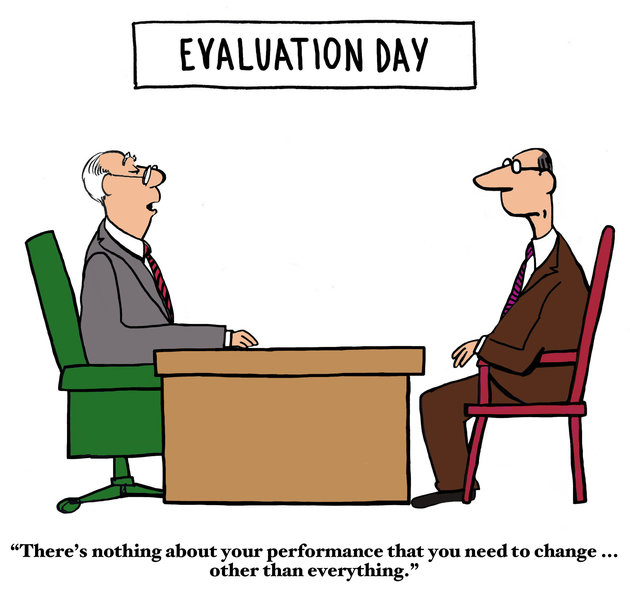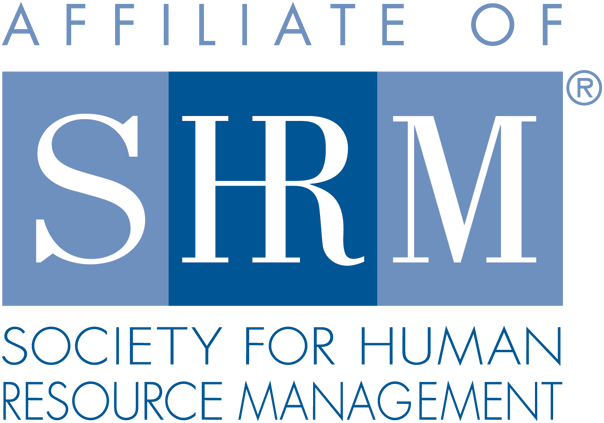
| Past Issues | Advertise | www.nehra.com | insights archive |
Phasing Out Performance Evals
![]() Print this Article | Send to Colleague
Print this Article | Send to Colleague

There aren’t many people who look forward to the annual review process. Managers feel pressured to complete ratings and comments, generally for many people, by a particular date, rushing their feedback and negatively impacting the quality of the information. Employees can feel short-changed, fit into a manager’s busy schedule, rushed through a conversation that doesn’t give them a substantial opportunity to focus on what they’ve done well and what they need to do moving forward.
In February 2016, IBM’s Chief Human Resource Office told Fortune magazine that "the review just became an "irrelevant discussion." Putting a number on someone’s performance increases feelings of defensiveness. What should be a conversation about getting better at your job became an argument or a conversation where the employee felt defensive. The company joined other organizations like GE, Eli Lilly, Microsoft, Deloitte, Accenture, SAP, The Gap, Adobe, in replacing its annual system with a new system (IBM’s is called Checkpoint) that will let managers evaluate employees in a more realistic time-frame — i.e., not just once or twice a year, but on a more regular basis.
Moving toward a system of more regular feedback requires a cultural and procedural shift within your organization. Below are a few best practices that can help guide you on this journey.
•Develop a "feedback-rich" culture and set of tools (formal and informal) that encourages all employees to give each other feedback.
•Teach all employees how to give feedback, both positive and constructive. Help them make their feedback specific and timely, and focused on the impact.
• Separate the discussions about performance from discussions about potential and future career plans. You can still evaluate people when raise time comes, but that can be a totally different conversation from how they are doing day to day.
• Make self-assessment of performance a non-negotiable. People tend to have a good idea of their own strengths and weaknesses — give them an open and positive opportunity to share it. That starts the dialogue about expectations and the match between their self-assessment and that of the organization.
• Set and reset goals frequently, not just once or twice a year. Setting frequent requires conversation about performance and alignment.
• Give your leaders a behavioral-based framework and set of values to work from. Companies with defined values have a clear framework from which to hire, and then assess, making the process of giving feedback and managing performance a lot clearer.
• Invest in development. Being a manager is tough and managers at all levels need the time and opportunity to learn new skills (i.e. coaching and giving feedback) and the opportunity to practice these skills.
About MCG Partners: Passion. People. Performance.
MCG Partners is a Greater Boston-based consultancy specializing in executive coaching, leadership development, talent management and organizational effectiveness solutions. MCG Partners is also a Predictive Index®(PI®) certified partner.
Career Advisors, a subsidiary of MCG Partners, offers outplacement and career management services for organizations and individuals.
For more information contact, Cheryl Jacobs at cheryl.jacobs@mcgpartners.net.
We are a proud sponsor of NEHRA’s Fall Conference. Come see us at Booth 54!
